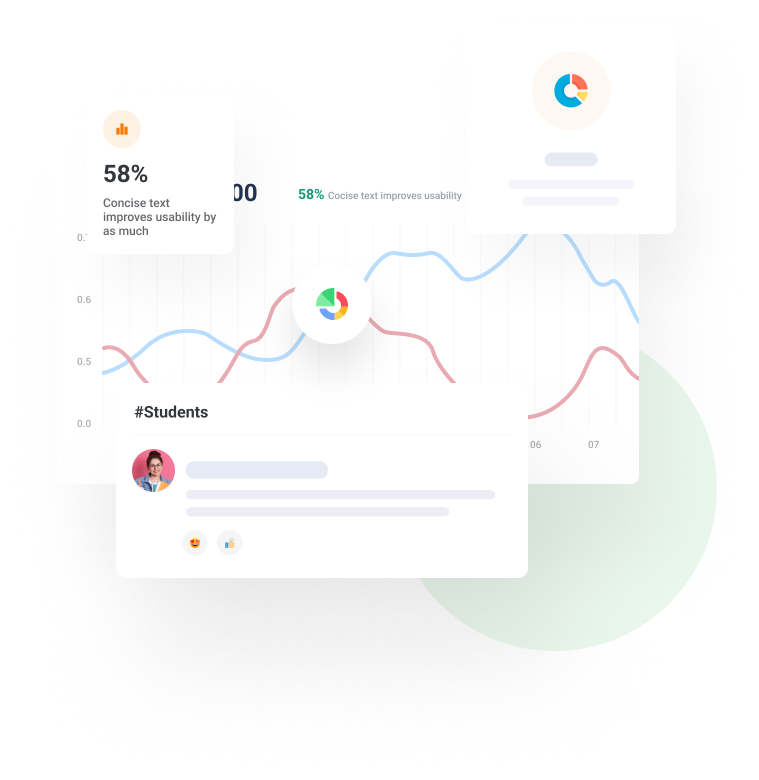How we help reduce student frustration
zyBook authors understand that content delivery can evolve as we better understand our students. One area of concern for us is student frustration. Certainly, we want students to wrestle with our content, but we don’t want them to struggle so much that they give up in frustration.
Authors use our student activity report to help identify content areas for improvement by targeting what students struggle with the most. This report is for all student activity for a subject during a time frame, such as Java during Fall 2017. In the report, each activity has useful metrics, which are averages across all students. We might look at the number of tries students take until they answer correctly, the amount of time spent on a particular activity, or the number of bug reports submitted to our team.
Let’s demonstrate our approach using one particularly useful metric: The number of tries students make until correct. We’ll sort activities by largest number of tries to lowest, then work our way down the list.
Here’s the approach our authors take to review. In general, we sort activities by metric and pick the top-most activity. Our goal is to identify potential issues that students may be having in that activity.
- Open the activity in a zyBook and work through the activity; does anything stand out?
- Look through the section; are the concepts in the activity covered appropriately or need improvement?
- Look at the actual student submissions; do any patterns stand out?
For each specific issue that is common among students, we will then address that issue. We may add a hint, adjust the wording of the instructions, split one activity into two, or adjust content leading up to the activity. Two months later, we run the report again to see whether the changes helped students. Then, we repeat the process to ensure students are getting an optimal experience in zyBooks.
These activity reports fit in with our other continual improvement processes (such as immediately addressing bug reports, reviewing instructor feedback, and periodically reviewing all non-bug reports) by helping identify issues that might otherwise go unspoken.

